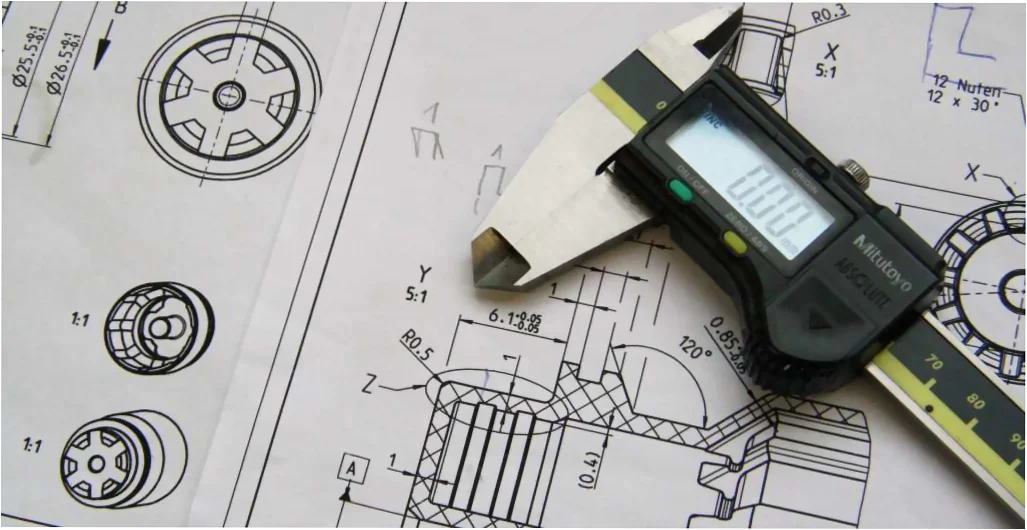CSE Mains Exam: Understanding various directives as employed by UPSC for various Papers of Mains is more important than what many an IAS aspirants might perceive initially. However, the irony is that the majority of the aspirants focus more sharply on gaining knowledge, at times, ignoring various other perspectives co-related to the preparation for the IAS Exam.
Thus, the greater share of the responsibility falls on the shoulders of the IAS coaching institutions in Delhi to make the students aware of the importance of the directives. Go on reading and you would easily acquire a broad idea of the role played by the directives to help you score higher in the CSE Mains.
CSE Mains Exam: What Makes Understanding The Directives Indispensable?
Most of the times, the candidates are not able to answer the questions in a logically convincing manner. Many of the questions are accompanied by a directive. However, the candidates either do not pay much of the attention to the directive. Or they are simply not able to understand what does a specific directive imply?
What Is A Directive In The First Place Itself?
A directive is a word that is used for providing a specific direction. In the case of the Civil Services Exam, a huge majority fails to clear most of the Papers for Mains. Besides, even if a candidate is declared successful by UPSC in the Mains results, it is far from being successful.
If you are ambitious enough to dream of joining the Indian Administrative Services (and the majority is, thereby making the competition harder every year), you must understand what does the question actually require? And it is the word(s) provided as the directive with the question thatput you on the right path to understand the question’s requirement(s) and answer accordingly.
Doing so helps you answer more in sync with the expectations of the Union Public Service Commission. Thus, your answer tends to be more logically convincing. As a result, it gets more scoring as well. And when you score higher, you are better able to beat the competition.
What Are The Various Types Of Directives Employed By UPSC?
UPSC makes use of various types of directives. Accordingly, the candidates are expected to answer the questions. It is always advisable to read the directive carefully, nay interpret it logically and answer exactly in the manner that it expects you to.
A few of the directives employed by UPSC are listed below in order to make it easier for you to understand how to make use of them.s.
- Discuss
- Discuss Critically
- Elucidate
- Comment
- Examine
- Analyze
- Critically Examine
- Critically Evalaute
- Evaluate
- Assess
- Justify
- Outline, etc.
How Far Answering As Per The Directive Help You Present Yourself As A Potential Civil Servant To UPSC?
It should always be kept in mind that UPSC is going to make an assessment of your qualities as a potential administrator based on how you answer. Thus, if you do not answer as per the expectations of UPSC, there is a great probability that you would not score well.
It would do good to remember that the Civil Services Exam is conducted by UPSC to recruit the Civil Servants and not the University Professors. You might have studied one book after another and gained a lot of knowledge, but if your answers do not reflect the qualities of a potential Civil Servant, the entire knowledge you have thus gained is not going to serve any purpose as far as your ambition to join IAS is concerned.
CSE Mains Exam:: What Does Each Of The Directive Requires You To Do?
Most of the IAS aspirants are highly confused by the directives. They simply fail to distinguish the requirements of one directive from another. It only results in the answers that are far from what is actually required by UPSC.Thus for the sake of convenience of the IAS aspirants, most of the directives commonly employed by UPSC are described below:
1. Analyze
The directive is similar to two other directives i.e., evaluate as well as comment. Thus, describe what all the question requires accompanied by suitable comments.
2. Critically Examine
As the directive explains itself, you have to examine critically whatever the question asks. Thus, you are supposed to present all the pros and the cons for the given topic/issue etc., that the question focuses on.
3. Comment
If you are asked to comment, you are required to give your opinions for the topic or issue raised by the question or whatsoever the question is based on.
4. Discuss
As suggested by the very word, discuss is a directive that asks you to discuss. You are to give your opinions, ideas and whatever you think is logically convincing pertaining to the question.
5. Describe
The directive requires you to have sufficient of the knowledge to give a descriptive answer. However, the entire description must be logically convincing and as per the requirements of the question.
6. Define
As the directive specifies, you are supposed to define what the question requires. The point to be noted is that the definition should be verbatim. However, if you are not confident that you can provide your answer with a verbatim definition, it is advisable to employ the key phrases or the words that are relevant to the definition.
7. Enumerate
A question using this directive would obviously require you to enumerate all the points concerned with the question without lengthy descriptions.
8. Evaluate
Apart from evaluate, a question may also employ the directives including assess, examine etc., that stand for the same. The answer should comprise a brief description, followed by a detailed description. Besides, there should be a balanced perspective including pros and cons as well, if so required.
9. Narrate
The answer, most of the times, needs to be chronological. When you narrate, you have to observe the time sequence as well.
10. Purpose: CSE Mains Exam:
As it is obvious looking at the directive, you are required to provide the objective, goal, target, that is to say, the entire purpose of whatever topic/issue etc. has been covered by the question.
To sum up, there is no dearth of the directives. You might come across a number of the directives apart from what have been listed or described here. The point to be noted is that you have to interpret and analyze the directive and answer the question accordingly.



